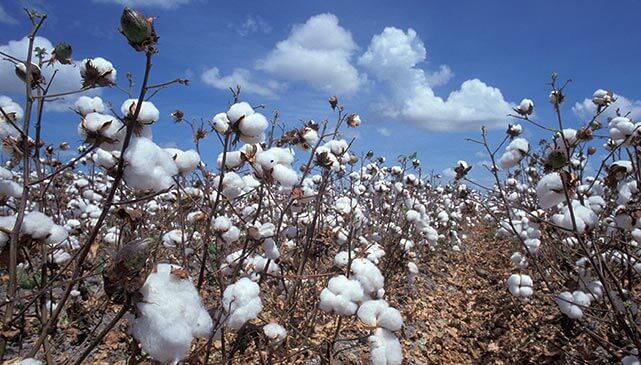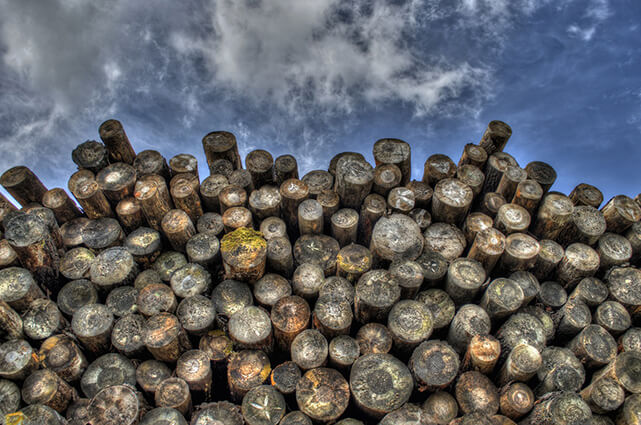Lower profits, greater responsibility
H&M says it is willing to lower its profit margins in order to improve the working conditions for the people who make its clothes. The company’s chief executive officer, Karl-Johan Persson, announced at a conference in New York City last Thursday that the company would absorb the costs of using organic cotton for certain items, paying higher wages for some garment workers and ensuring that working conditions in factories are safe. Bloomberg said the company’s profit margin was 13.34 percent in 2013 and is estimated to fall to 13.26 per cent by 2015. Even so, the company does not appear to be backing down: “We have to stand up to the pressure from investors and analysts,” Persson said.
Corporate Knights’ Ashley Renders reported last month that H&M required all of its suppliers to commit to neither buying nor directly sourcing cotton from Uzbekistan where the government allegedly uses forced labour to harvest the material. While such commitments are welcomed, the articles notes that working conditions in the garment industry will not improve until companies stop demanding higher quality products in shorter timeframes at lower costs. It seems that H&M’s willingness to absorb the costs of improving worker health and safety is a step in the right direction.
..
Fracking earthquakes
Canada’s first study on the link between fracking-related activities and earthquakes has been published in the Journal of Geophysical Research. The peer-reviewed article shows that disposing of chemical-laden fracking fluid in wells thousands of feet below the Earth’s surface is highly correlated with increased occurrences of earthquakes in surrounding areas, CBC News reported today. While the Canadian study is still a work in progress, a geophysicist with the U.S. Geological Survey, William Ellsworth, published a study in 2013, showing that earthquakes in Oklahoma, Arkansas, Ohio, Texas and Colorado in 2011 and 2012 were likely triggered by injection wells.
While the U.S. Environmental Protection Agency has approved underground wells, “most experts agree that the process increases the risks of more frequent and severe quakes,” Dallas Morning News (DMN) reported last year. Citizens across the United States began filing anti-fracking lawsuits as early as 2011, claiming that the earth’s movement was causing damage to their homes and other property.
..
Ban on fracking won’t stand
Denton, Texas, a town of just over 120,000 residents, voted to ban fracking within the municipality’s borders last Tuesday. But the Texas Railroad Commission will not honour the ban, saying Denton does not have jurisdiction over the state’s drilling activity, the commission’s chairwoman, Christi Craddick, told DMN last week. “It’s my job to give permits, not Denton’s. We’re going to continue permitting up there because that’s my job” she told DMN. The ban passed by a 59 to 41 margin based on complaints of poor air quality, noise in residential areas and the increased rate of low-magnitude earthquakes, ThinkProgress reported today.
..
Reaching across the aisle
An article published in The Atlantic speculates that President Obama could score important points with the Republican-controlled Congress if he concedes on the Keystone XL pipeline. “The president could acquiesce on an issue two-thirds of the public supports and save the veto pen for bigger, possibly Obamacare-related fish,” The Atlantic’s Noah Gordon suggests. The question is whether appeasing Republicans to secure important issues, such as EPA regulations, is more important than appeasing the strong liberal opposition to the pipeline project. In any case, Gordon muses that a deal could signal to voters that the divided government can actually get things done.
..
GM moratorium
Maui County voted last week to put a moratorium on the planting of new genetically modified crops in Maui and Molokai until a thorough public health and environmental assessment could be conducted. The law carries a fine of $50,000 per day for companies that plant new GM seeds, although existing crops will be allowed to finish growing. This is a major blow to research on genetically modified organisms (GMOs), Vox reported on Friday. Hawaii is not only located in the United States where GMO regulations are relatively lax, but has three planting seasons per year, thanks to its tropical climate. Maui and Molokai are the main islands on Hawaii where GMO research is conducted; however, other parts of the state are considering similar moves. Monsanto and Dow Chemical both said they would challenge the law in court. “We believe that the ban would be illegal, and we intend to protect our legal rights,” Robyn Heine, a spokeswoman for Midland, Michigan-based Dow said in an e-mail to Bloomberg last week.






